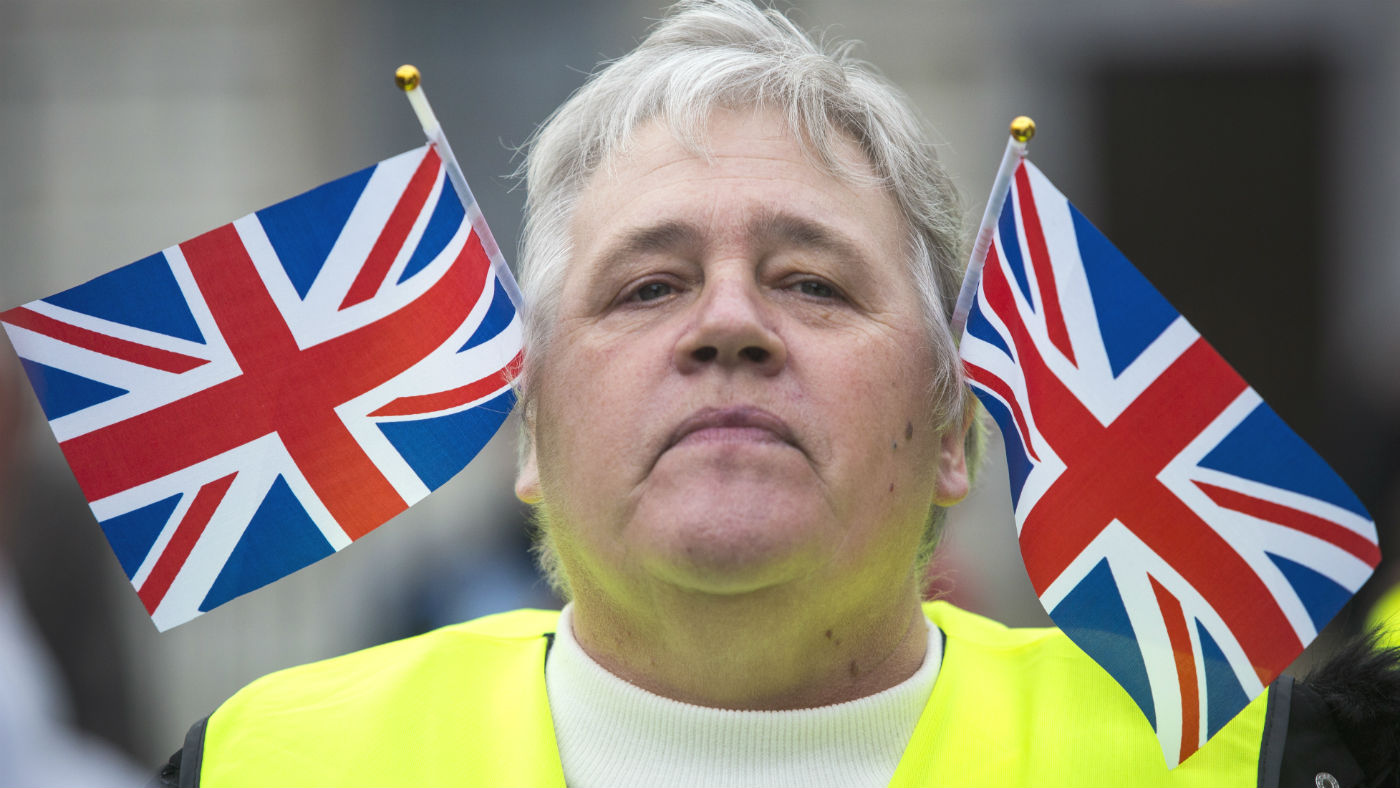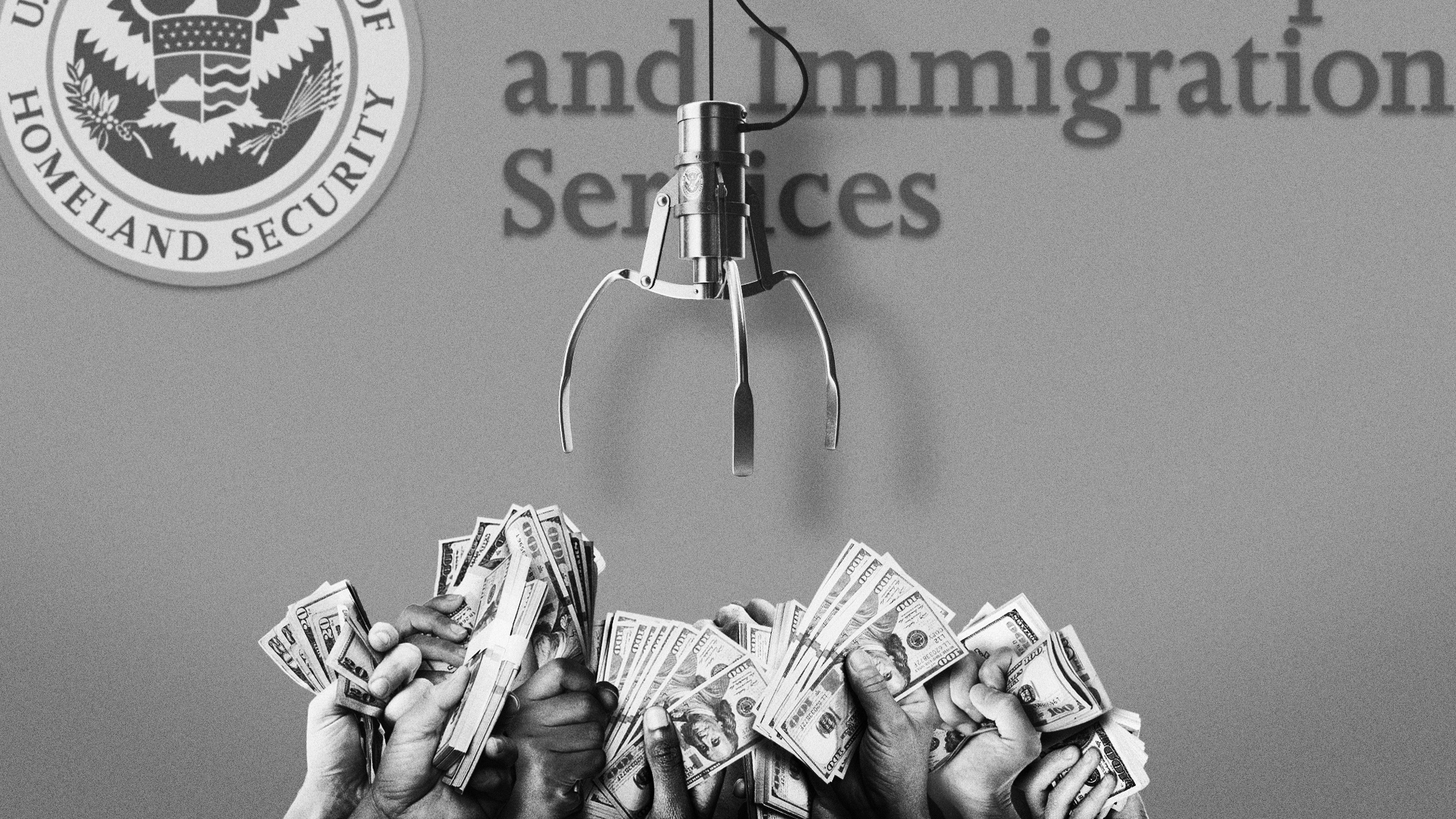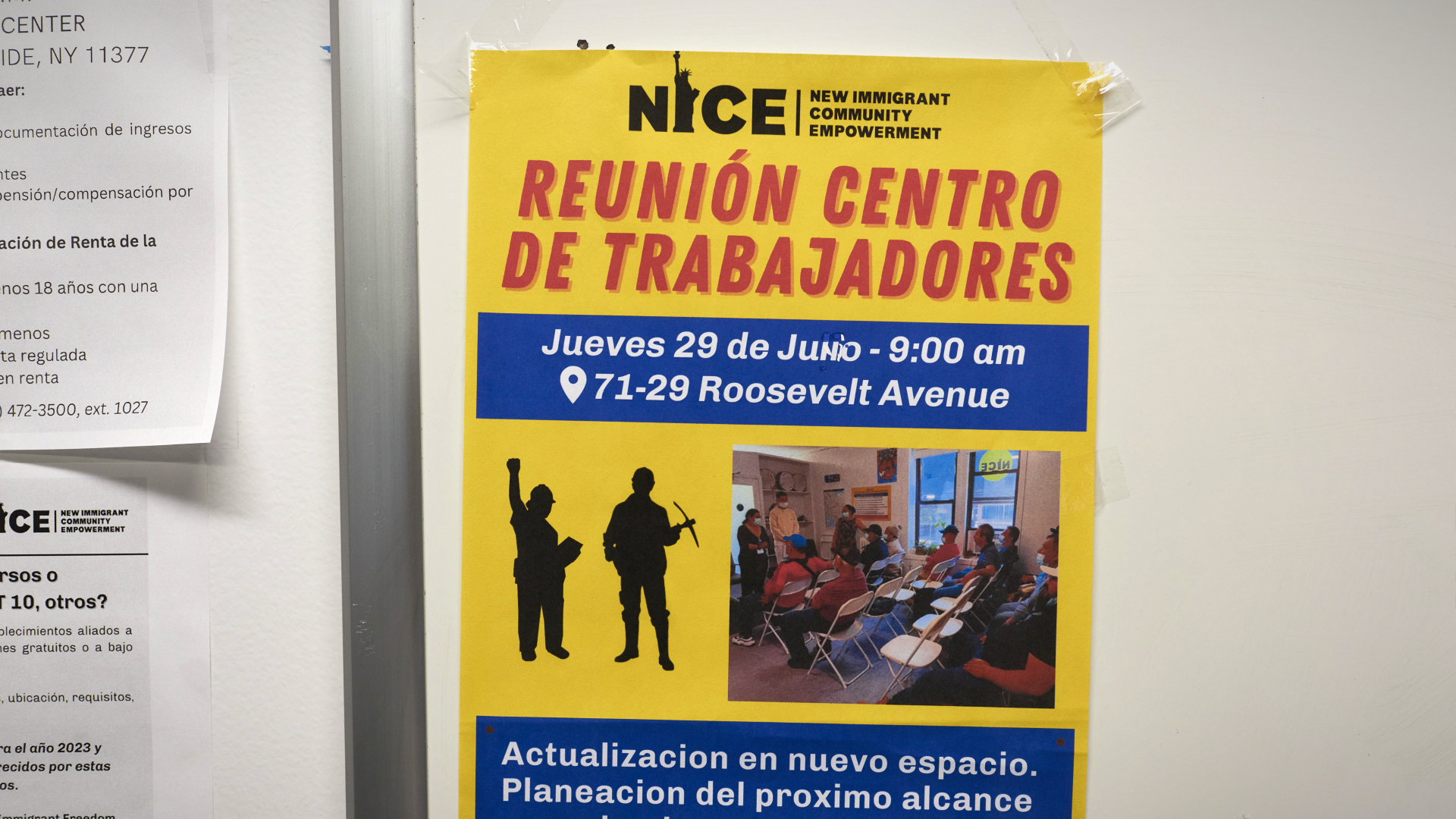‘Myth’ of UK workers losing out to migrants challenged
UK businesses say restrictions on immigration will not boost employment for British workers

A free daily email with the biggest news stories of the day – and the best features from TheWeek.com
You are now subscribed
Your newsletter sign-up was successful
A survey of Britsh companies has challenged the myth that UK workers lose out to foreign labour, on the day unemployment fell to its lowest level in almost 40 years.
The British Chambers of Commerce, which commissioned the survey, said almost half of firms had faced skill or labour shortages in the past 12 months, yet fewer than 10% said they targeted overseas workers to fill the gap. Instead they invested more in recruitment and training of British workers.
The results “challenge the myth that UK firms are ignoring local workers in favour of overseas labour”, it said.
The Week
Escape your echo chamber. Get the facts behind the news, plus analysis from multiple perspectives.

Sign up for The Week's Free Newsletters
From our morning news briefing to a weekly Good News Newsletter, get the best of The Week delivered directly to your inbox.
From our morning news briefing to a weekly Good News Newsletter, get the best of The Week delivered directly to your inbox.
The Independent reports that just one in five UK companies say a restriction on access to EU labour would prompt them to focus recruitment on local employees. It says cuts to immigration after Brexit are “unlikely to see job prospects [for British workers] dramatically improve”.
The BCC found that 40 per cent of British businesses employ workers from other EU nations and a similar percentage said future restrictions on economic migrants coming from the bloc would harm their work.
The potential for labour shortages after Brexit were highlighted on Wednesday when the latest unemployment figures from the Office of National Statistics showed that the number of people out of work had fallen to 4.3% in the three months to June, the lowest level in almost 40 years.
A free daily email with the biggest news stories of the day – and the best features from TheWeek.com
-
 The ‘ravenous’ demand for Cornish minerals
The ‘ravenous’ demand for Cornish mineralsUnder the Radar Growing need for critical minerals to power tech has intensified ‘appetite’ for lithium, which could be a ‘huge boon’ for local economy
-
 Why are election experts taking Trump’s midterm threats seriously?
Why are election experts taking Trump’s midterm threats seriously?IN THE SPOTLIGHT As the president muses about polling place deployments and a centralized electoral system aimed at one-party control, lawmakers are taking this administration at its word
-
 ‘Restaurateurs have become millionaires’
‘Restaurateurs have become millionaires’Instant Opinion Opinion, comment and editorials of the day
-
 Auto loans: Trouble in the subprime economy
Auto loans: Trouble in the subprime economyFeature The downfall of Tricolor Holdings may reflect the growing financial strain low-income Americans are facing
-
 Who benefits from Trump’s new $100,000 H-1B visa fee?
Who benefits from Trump’s new $100,000 H-1B visa fee?In the Spotlight American workers might see gains. But there are drawbacks.
-
 Why Spain's economy is booming
Why Spain's economy is boomingThe Explainer Immigration, tourism and cheap energy driving best growth figures in Europe
-
 Can the UK avoid the Trump tariff bombshell?
Can the UK avoid the Trump tariff bombshell?Today's Big Question President says UK is 'way out of line' but it may still escape worst of US trade levies
-
 Five years on, can Labour's reset fix Brexit?
Five years on, can Labour's reset fix Brexit?Today's Big Question Keir Starmer's revised deal could end up a 'messy' compromise that 'fails to satisfy anyone'
-
 Why au pairs might become a thing of the past
Why au pairs might become a thing of the pastUnder The Radar Brexit and wage ruling are threatening the 'mutually beneficial arrangement'
-
 Immigration helped the US economy outpace peers
Immigration helped the US economy outpace peersspeed read The U.S. economy grew at an annualized rate of 3.2% last quarter
-
 Brexit: where we are four years on
Brexit: where we are four years onThe Explainer Questions around immigration, trade and Northern Ireland remain as 'divisive as ever'